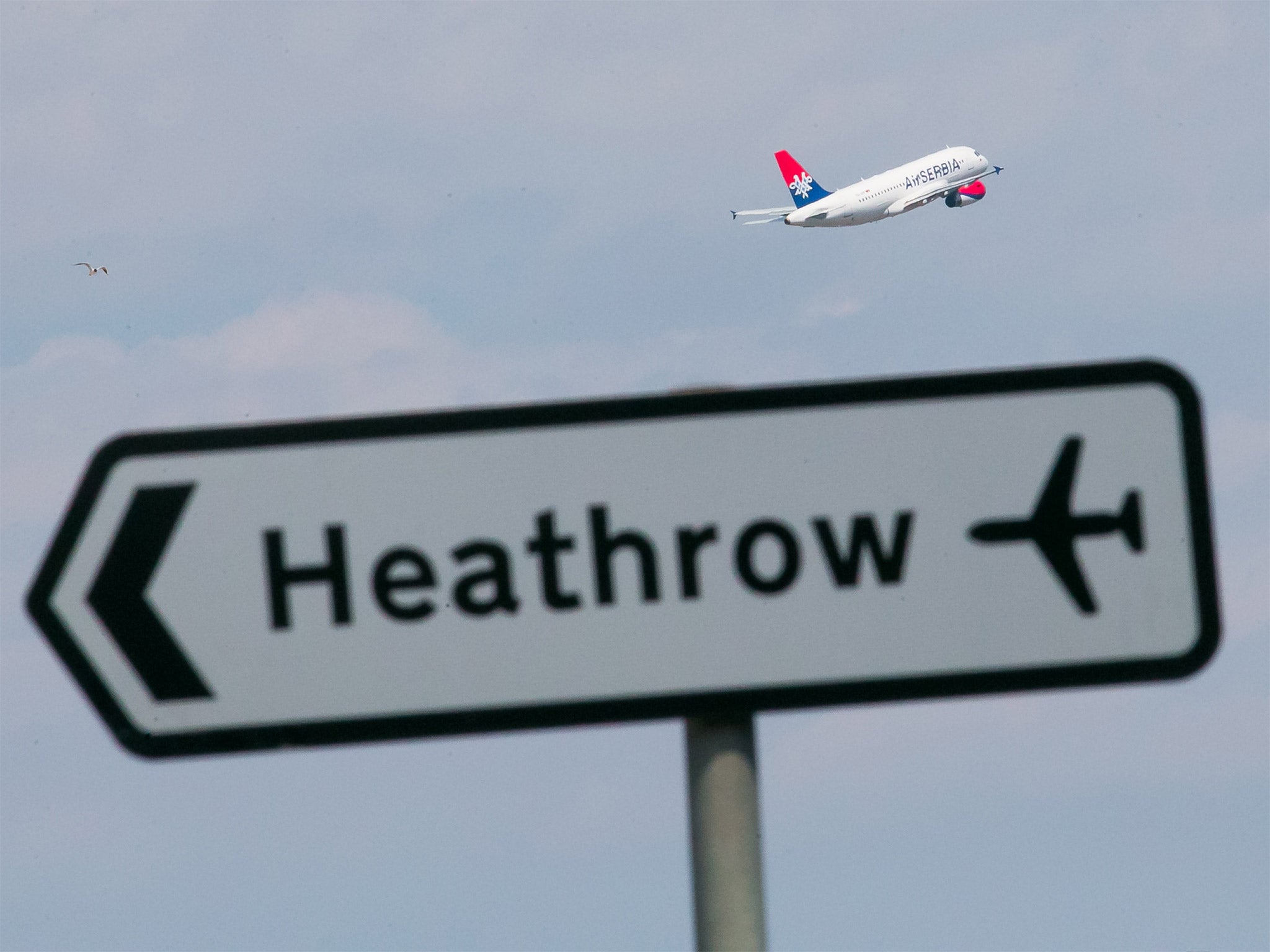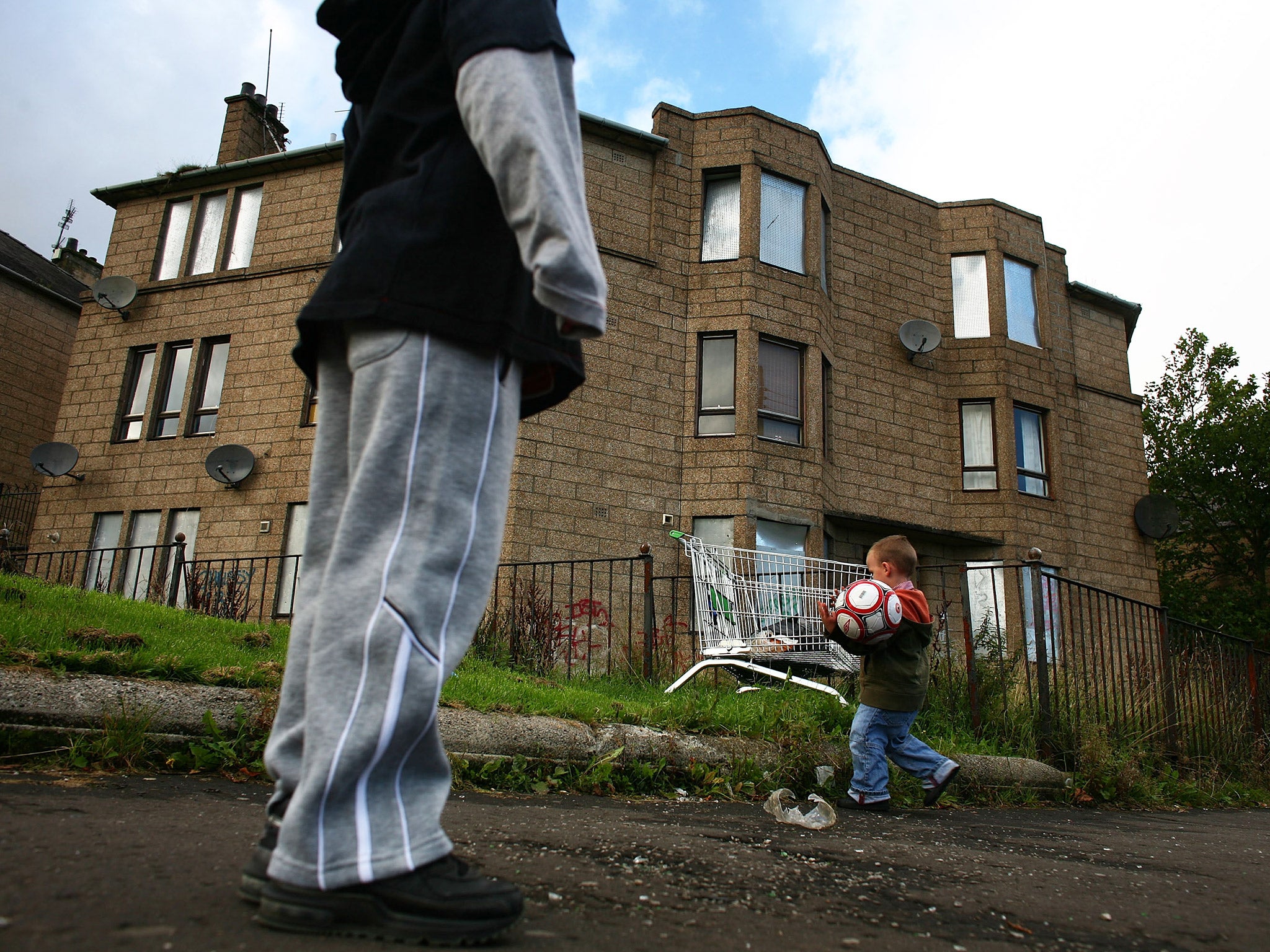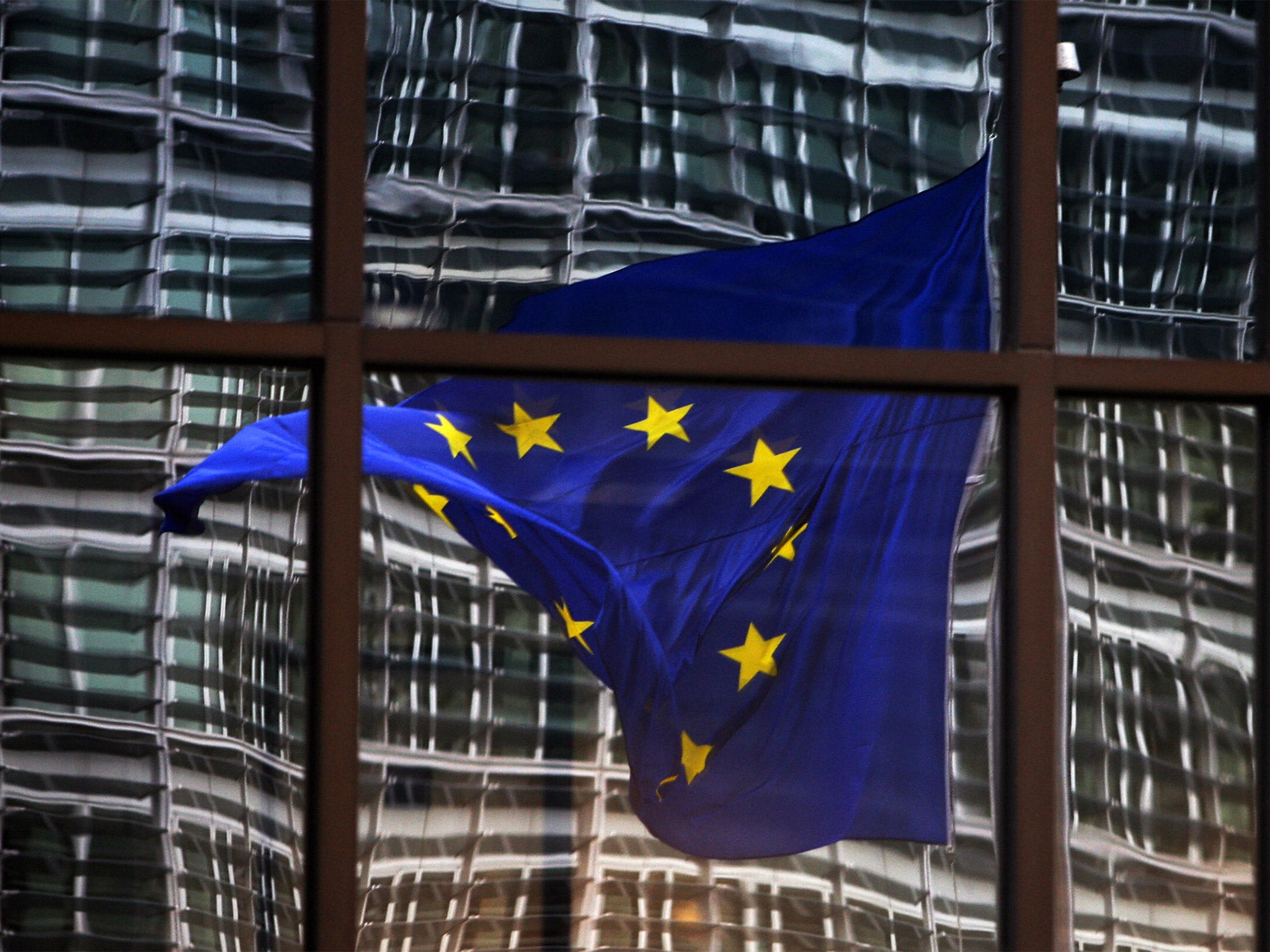Labour leadership contest: Policies and positions of all the candidates on the big issues
What Jeremy Corbyn, Yvette Cooper, Liz Kendall, and Andy Burnham believe
.jpg)
Your support helps us to tell the story
From reproductive rights to climate change to Big Tech, The Independent is on the ground when the story is developing. Whether it's investigating the financials of Elon Musk's pro-Trump PAC or producing our latest documentary, 'The A Word', which shines a light on the American women fighting for reproductive rights, we know how important it is to parse out the facts from the messaging.
At such a critical moment in US history, we need reporters on the ground. Your donation allows us to keep sending journalists to speak to both sides of the story.
The Independent is trusted by Americans across the entire political spectrum. And unlike many other quality news outlets, we choose not to lock Americans out of our reporting and analysis with paywalls. We believe quality journalism should be available to everyone, paid for by those who can afford it.
Your support makes all the difference.Don't know who to vote for in the Labour leadership election? Find out whose policies you agree with and whose you disagree with.
Economy
Andy Burnham
Rejects George Osborne’s “punishing austerity", because it focuses almost exclusively on spending cuts to reduce the deficit. Promises a "balanced Labour plan" for a sustainable economy. Would abolish the youth rate of the National Minimum Wage, currently £5.13 per hour. Believes deficit under Labour Government was too high before the 2007 financial crisis.
Yvette Cooper
Says that Labour needs to regain people’s trust. But does not accept that Labour Government spent too much before the 2007 financial crisis.
“Full living wage” should be introduced, starting in social care sector. Her campaign has focussed heavily on need to create “ jobs of the future” in hi-tech sectors, by doubling investment in research and development.
Jeremy Corbyn
Rejects austerity as a “political choice, not an economic necessity”. Would reduce deficit but with no fixed timetable. Labour should borrow to invest. “Corbynomics” would mean “quantitative easing [printing money] for people instead of banks”, with Bank of England given new mandate to invest in large scale housing, energy, transport and digital projects. Would collect £120bn of “missing” tax revenues. Big reductions in the £93bn of corporate tax reliefs and subsidies.
Liz Kendall
Believes the deficit must be brought down “as soon as you responsibly can”, and that Britain should run surplus in good years. She said: “The party should have reined in spending before the [2007] crash.” Would extend remit of Low Pay Commission so that it could drive up pay.

Tax
Andy Burnham
Supports a rise in the top rate of income tax from 45p to 50p in the pound as part of a "re-balanced tax system".
Yvette Cooper
Supports a return to a 50p top rate while there is still a deficit. Would raise £1bn in additional tax revenue by closing loopholes (for example, those used by hedge funds).
Jeremy Corbyn
Says there is a case for a top tax rate higher than 50p but has not given a figure. Believes that rich people are prepared to pay more tax to safeguard public services.
Liz Kendall
Does not support a 50p top rate of tax on a permanent basis.

Public ownership
Andy Burnham
“Line-by-line nationalisation” of the railways as franchises come up for renewal.
Yvette Cooper
Supports Labour’s 2015 manifesto commitment to allow publicly-owned bodies to bid for rail franchises when they come up for renewal. She said: “We should be working in partnership with business, not spending billions of pounds we haven’t got buying business out.”
Jeremy Corbyn
Would renationalise the energy companies and put railways back under “public control” with passengers, rail workers and the Government running them co-operatively. Signalled that he might rewrite Labour’s new Clause IV introduced by Tony Blair but later backtracked. He said: “I believe in public ownership, but I have never favoured the remote nationalised model that prevailed in the post-war era.”
Liz Kendall
Criticising Mr Corbyn for suggesting a change to Clause IV, she said: “It’s just Bennism reheated, a throwback to the past, not the change we need for our party or out country.”

Business
Andy Burnham
Says that Labour should value entrepreneurs and the self-employed “as much our heroes” as nurses and teachers. Supports a land value tax to replace business rates. Backs the proposed third runway at Heathrow Airport
Yvette Cooper
Labour must “re-set” the relationship because under Ed Miliband it became “anti-business, anti-growth and ultimately anti-worker for the many people employed by large companies in the UK.” Would set up a Business Advisory Committee to rebuild bridges. Believes Labour should support Government’s cut in corporation tax. Backs Heathrow third runway.
Jeremy Corbyn
Supports a modest increase in corporation tax. Would cut tax reliefs for business to reduce the deficit. Only candidate to oppose third runway at Heathrow
Liz Kendall
Believes Labour needs to be more pro-business to win people’s trust on the economy. Backs third runway at Heathrow

Public services
Andy Burnham
Proposes Beveridge-style commission to look at tax on people’s estates when they die to fund social care. Long-standing advocate of National Health and Care Service to merge NHS and social care. Would replace university tuition fees with a graduate tax and wants to end divide between vocational and academic education. Rejects “growing market of free schools and academies” and wants “robust” oversight of them by local authorities. Opposes George Osborne’s 1 per cent cap on public sector pay rises
Yvette Cooper
Open to reform; wants free universal childcare and to restore SureStart programme. Would bring free schools under local authority control and not allow any more to open. Wants as many apprenticeships as university entrants. Has launched campaign against George Osborne’s departmental cuts of up to 40 per cent, saying: “The Tories' ideological assault on our public services will devastate people's lives.” Opposes cap on public sector pay rises.
Jeremy Corbyn
Would remove any element of privatisation in the NHS, which should be “completely publicly run and publicly accountable”. National Education Service would be universal and free; universal free childcare; expansion of adult education; would abolish student fees and restore grants. Opposes cap on public sector pay rises.
Liz Kendall
Supports Blairite reform mantra of “what works”. Would ensure that public sector pay rises by reducing Britain’s £100bn tax relief bill. Wants to extend early years education.

WELFARE
Andy Burnham
Abstained in last month’s Commons vote on Government’s Welfare Reform and Work Bill to bring in £12bn of cuts but vowed to “strongly oppose” the measure if he becomes Labour leader. Would “build homes to cut housing benefit.”
Yvette Cooper
Abstained in Welfare Bill vote but admitted it was “a mess.” Launched campaign against Government’s plan to restrict child benefit and tax credits to first two children. Wants Welfare Reform Commission to look at the benefits system to make sure it targets help on people who need it and prioritises work incentives.
Jeremy Corbyn
Led rebellion by 48 Labour MPs against Welfare Bill, the only leadership candidate to vote against a measure he described as “rotten and indefensible.” He said: “Instead of attacking the working poor we need a modern, fairer economy.” Has consistently promised to reverse the Government’s cuts.
Liz Kendall
Only candidate to defend acting leader Harriet Harman when she said Labour should abstain on Welfare Bill to tackle public perceptions of it as soft on reform. She would scrap Work Programme for jobless, devolving it to councils. Would restore working tax credits.

HOUSING
Andy Burnham
Pledges “an affordable home for all to rent or own”. Would allow local authorities to build more social housing. A National Housing Commission would drive a major building programme. Wants a “rent to own” scheme --allowing people a mortgage without a deposit.
Yvette Cooper
Would set a target of 300,000 new homes being built a year. Supports more garden cities and eco towns. She said: “For too long governments have ducked the issue of housebuilding… This will hold back our economy, undermine communities and family life if we don’t have a much bolder plan.”
Jeremy Corbyn
He would end the right of council tenants to buy their homes but could introduce it for private tenants; rents capped in line with local earnings; would build 240,000 homes a year with help of National Investment Bank; local authorities could compulsorily purchase land is owners do not develop it.
Liz Kendall
Would devolve more powers to local authorities under as new settlement; believes Labour has been too timid in devolving power.

EUROPEAN UNION
Andy Burnham
Was first candidate to advocate a separate “Labour Yes to Europe” campaign as well as all-party umbrella campaign to stay in. Supports reforms to address legitimate concerns about EU migration. Opposes any dilution of workers’ rights guaranteed by EU social chapter.
Yvette Cooper
She said: “Staying in Europe is vital to Britain’s future. First, we need our own Labour Yes campaign with distinctive arguments based on Labour values. Second, we need a positive campaign to win over peoples’ hearts. Third, we need to focus on the practical benefits – and keep it local -- every town and city in the country will have factories, businesses and jobs that depend on European trade. And fourth, we need to argue for a Europe based on Labour values.”
Jeremy Corbyn
Expressed concern about EU’s role in Greek bailout and said David Cameron should not use renegotiation of Britain’s membership terms to dilute workers’ rights. “We cannot be content with the state of the EU as it stands. But that does not mean walking away, but staying to fight together for a better Europe.”
Liz Kendall
Labour must be “unashamedly pro-EU.” She said: “Now is not the time to prevaricate on Europe, as Jeremy Corbyn and others on the left have begun to do.”

DEFENCE
Andy Burnham
Believes it is right to retain an independent nuclear deterrent in an uncertain world. He said: “Now is not the time for unilateralism. But we must take a lead internationally to push the agenda of global anti-proliferation and disarmament.” Supports Nato membership.
Yvette Cooper
Supports renewal of Trident nuclear weapons system and keeping the existing four submarines; advocates multilateral nuclear disarmament; supports Nato membership.
Jeremy Corbyn
Unilateralist who opposes renewal of Trident nuclear weapons system. Would set up a Defence Diversification Agency to redeploy defence workers. Would seek withdrawal from Nato
Liz Kendall
Called for Britain to stick to Nato target of spending 2 per cent of GDP on defence-- before George Osborne announced that Government would do so. Supports Trident renewal

EXTENDING AIR STRIKES AGAINST ISIS IN IRAQ TO SYRIA
Andy Burnham
Has not ruled out support but appears to be cooling on the idea, saying: “The tests are quite big – there’s a very large one about legality”. Warned that David Cameron should not try to bounce Labour.
Yvette Cooper
She said: “We will need to look very carefully at anything the Government proposes. Any proposal for action should always have a moral and legal justification, support from countries across the region and a clear strategy in place."
Jeremy Corbyn
Strongly opposes intervention, warning that it “will be the innocent Syrians who will suffer –exacerbating the refugee crisis.”
Liz Kendall
Does not rule out supporting it, but insists that it would have to be part of a “wider political strategy in the region.”
Join our commenting forum
Join thought-provoking conversations, follow other Independent readers and see their replies
Comments